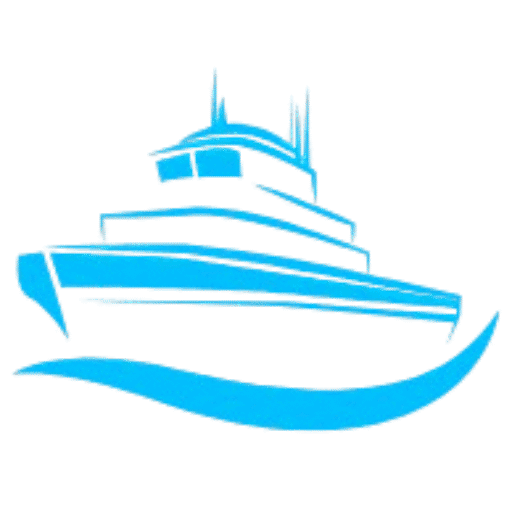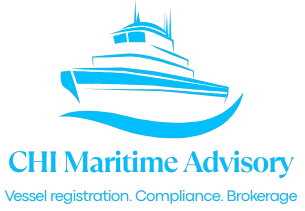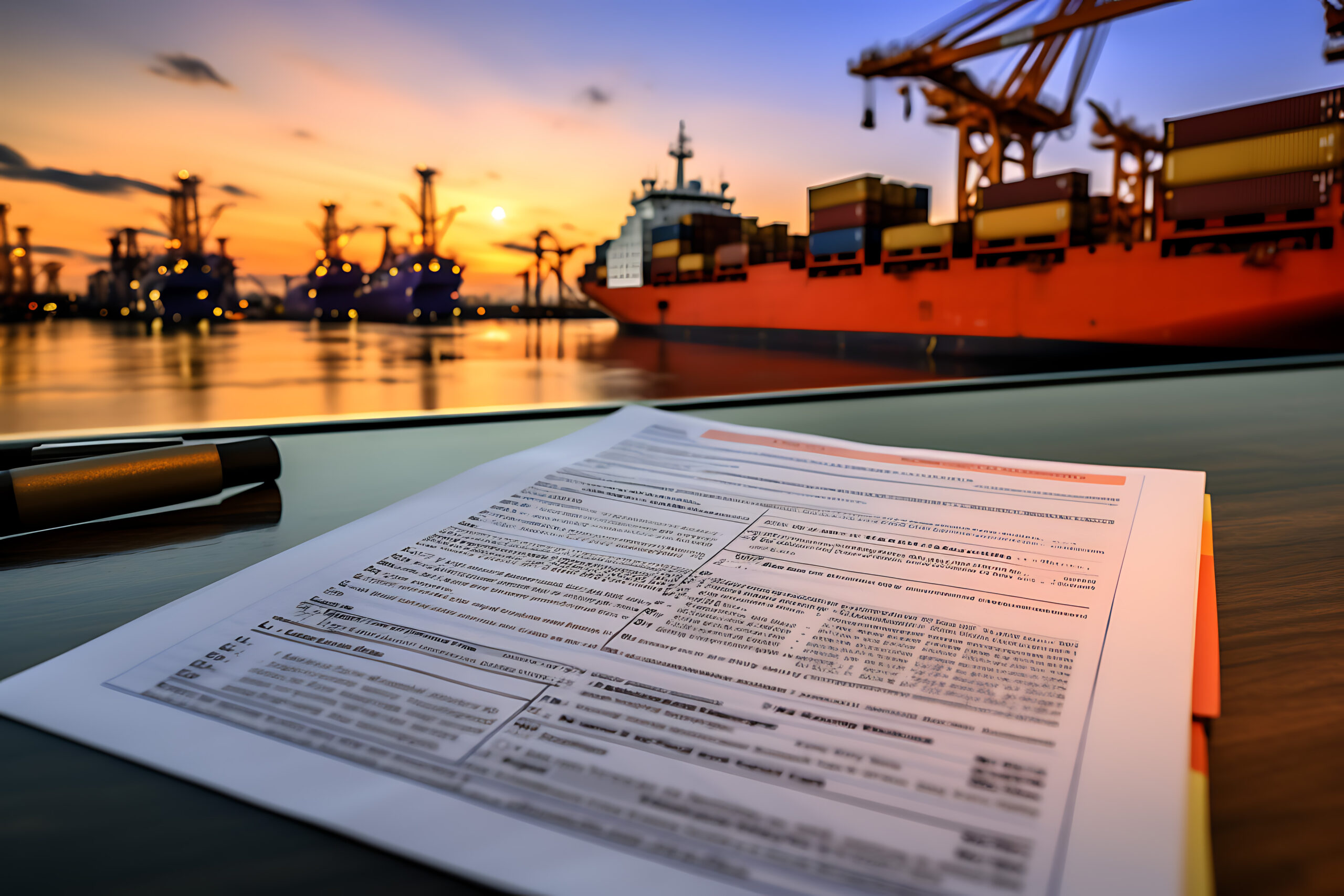
Every ship in Cameroon must follow safety and legal rules before it can sail. These rules are checked by special groups called Classification Societies.
They look at each vessel to be sure it is safe, strong, and meets world standards.
In this guide, you will see the full list of approved Classification Societies in Cameroon.
You will also learn how CHI Maritime Advisory helps shipowners and operators handle all the steps needed to stay fully approved and ready for sea.
Understanding Classification Societies in Cameroon
Classification societies in Cameroon check ships to make sure they are built and maintained in a safe way.
They look at how strong a vessel is, how it handles at sea, and if it follows international rules.
Every ship must pass these checks before it can work under the Cameroonian flag.
These societies also guide shipowners through the rules that control ship design and operation.
They help confirm that the vessel meets the standards set by the International Maritime
Organization and other global bodies. This helps reduce the risk of accidents or penalties.
For shipowners, working with an approved classification society means the vessel is safe, trusted, and ready to trade.
It gives proof that the ship can carry out its work without trouble from port or flag authorities.
Why Shipowners Need Authorized ROs for Compliance
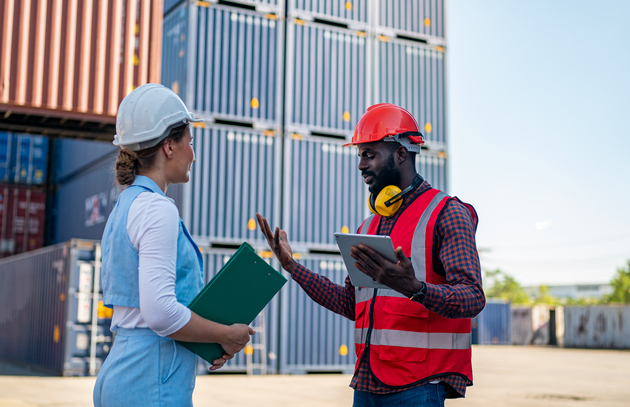
Authorized Recognized Organizations (ROs) help shipowners stay in line with maritime laws and safety rules. They make sure every ship meets the right global standards before it sails.
Compliance with IMO and SOLAS Standards
Every ship must meet the rules set by the International Maritime Organization (IMO) and the Safety of Life at Sea (SOLAS) convention.
These global laws protect ships, crews, and cargo. Authorized ROs check that each vessel follows these standards before it leaves port.
When a ship passes, it means the vessel meets international safety levels and can trade freely without legal trouble.
Assurance of Vessel Safety and Maintenance
A ship that goes through RO inspection is safer for crew and cargo. The process involves checking the hull, machinery, safety gear, and pollution systems.
These inspections help find small problems early, before they grow into costly or dangerous issues.
For shipowners, this means fewer breakdowns and smoother operations across ports.
Avoidance of Port Detention or Fines
Ships without valid RO certificates face serious risks. Port authorities can stop them, delay departure, or fine them for non-compliance.
These delays cost time and money. Working with authorized ROs helps shipowners avoid these setbacks.
It proves the ship is properly certified and ready to operate in full compliance with international and local laws.
Recognition by Insurers and Flag Administrations
Insurance companies and flag states usually require valid RO certificates before approving coverage or registration.
This is because recognized societies give assurance that the vessel has been tested for safety and performance.
When a ship is certified by an approved RO, it earns global recognition and smoother acceptance across ports and maritime bodies.
CHI Maritime Advisory connects shipowners with approved classification societies in Cameroon.
They handle documentation, compliance checks, and follow-ups to help ships get certified quickly and correctly.
Full List of Authorized Classification Societies in Cameroon (2025 Update)
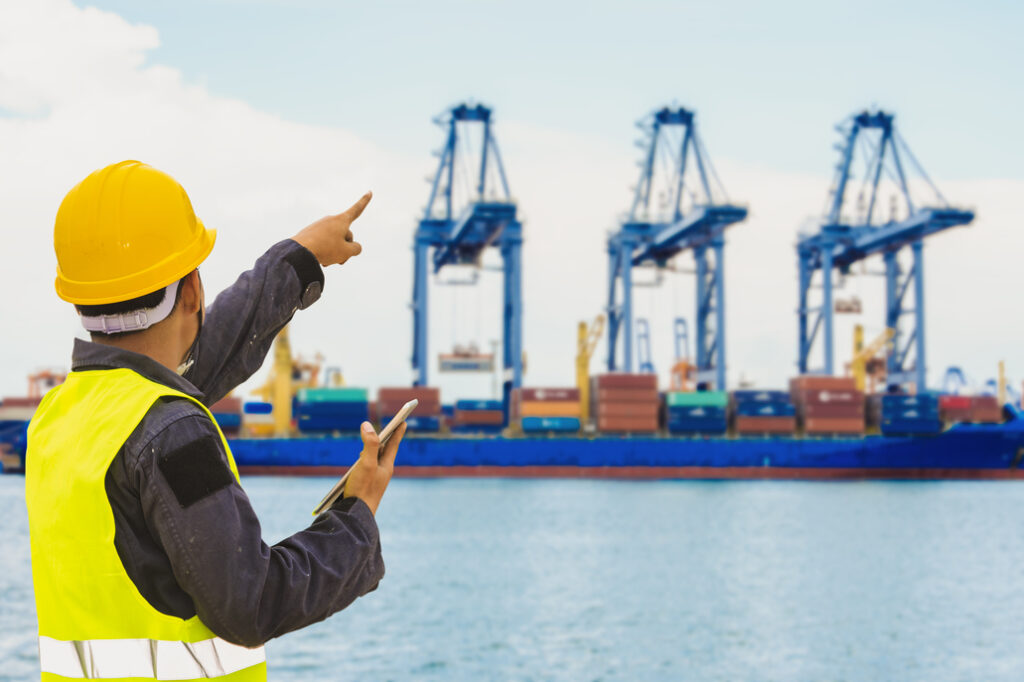
The Republic of Cameroon works with several authorized classification societies, also known as Recognized Organizations (ROs), to inspect and certify vessels.
These approved bodies make sure ships meet safety, technical, and environmental standards under international maritime laws.
Each society plays a key role in helping shipowners keep their vessels compliant and ready for global operations.
MED Lloyd Classification Society
Hellas Naval Bureau of Shipping (HNBS)
Veritas Register of Shipping (VRS)
Russian Maritime Register of Shipping (RMRS)
Center Marine Certification Service (CMCS)
Dakar Class (DC)
Dromon Bureau of Shipping (DBS)
Dutch Lloyd (DL)
Eagle Classification of Shipping (ECS)
Guardian Bureau of Shipping (GBS)
Universal Register of Shipping Ltd (URS)
Union Bureau of Shipping (UBS)
United Registration and Classification of Services (URACOS)
Vega Register (VGRS)
Vitalize Marine Services
Royal Classification Society
Overseas Marine Certification Service Inc (OMCS)
IMB Shipping and Trading Co. Ltd
Mediterranean Shipping Register (MSR)
Ocean Maritime Register of Shipping (OMROS)
What These Societies Actually Do

Classification societies help shipowners keep their vessels safe, legal, and fully approved under Cameroon’s maritime laws.
- Vessel Classification and Inspection: Classification societies check every vessel to make sure it is strong, safe, and built to last at sea. They look at the ship’s structure, engine, and safety systems before giving it a class certificate. This certificate shows that the ship is fit to sail and meets Cameroon’s maritime rules.
- Safety and Environmental Certification: These societies also confirm that ships follow safety and pollution control standards. They check fire systems, oil discharge, and waste handling on board. Their approval helps ships avoid fines and stay accepted by ports and flag states.
- Surveys for Construction, Maintenance, and Repairs: Surveys happen when a ship is built, repaired, or due for regular checks. The classification society inspects the work done to make sure it meets the rules. This keeps vessels safe, strong, and ready for inspection anytime.
- Statutory Audits Under the Cameroonian Administration: Authorized societies act for Cameroon’s maritime administration to inspect and certify ships. They ensure each vessel follows international laws like IMO and SOLAS.
Through CHI Maritime Advisory, shipowners connect directly with these societies to get every step done right and on time.
Common Problems Shipowners Face with Certification
Many shipowners run into problems when trying to get their vessels certified.
The process can feel slow and confusing without the right help.
Here are some common issues they face and how CHI Maritime Advisory solves them.
- Confusing documentation and submission steps
Many shipowners don’t know which forms or documents the authorities need. - Dealing with expired or unrecognized certificates
Old or invalid papers can stop a ship from getting approved. - Miscommunication between ROs and shipowners
Sometimes messages get lost between offices. - Slow verification timelines
The approval process can take weeks when not managed properly
CHI Maritime Advisory tracks and speeds up every stage until your certification is done right.
How CHI Maritime Advisory Helps You Stay Certified

Staying certified as a shipowner in Cameroon takes more than passing inspections.
You need proper guidance to handle documents, legal steps, and follow-ups with the right classification societies.
CHI Maritime Advisory makes this simple by managing every step so your vessel stays compliant and ready to sail.
- Pre-inspection document review
Before anything goes to the authorities, CHI Maritime Advisory checks your papers one by one. This makes sure every document is correct and ready. It keeps your vessel from being delayed or rejected. - Liaison with recognized classification societies
They talk directly with the right classification society on your behalf. This helps your certification move faster. It also ensures you stay connected with approved ROs in Cameroon. - Legal filing and submission to the Cameroonian administration
All your paperwork is filed the right way through legal channels. CHI Maritime Advisory makes sure every form meets local requirements. You don’t have to stress over missing details or wrong formats. - Continuous compliance monitoring for shipowners
They don’t stop after your vessel is certified.
CHI Maritime Advisory keeps track of renewals and updates. This helps you avoid fines and keeps your ship active in operation.
To Wrap It Up
Working with the right classification society keeps your vessel safe, legal, and trusted worldwide.
It protects both your investment and your name in the industry.
CHI Maritime Advisory makes the process easy, keeping every shipowner in Cameroon fully certified and worry-free.
